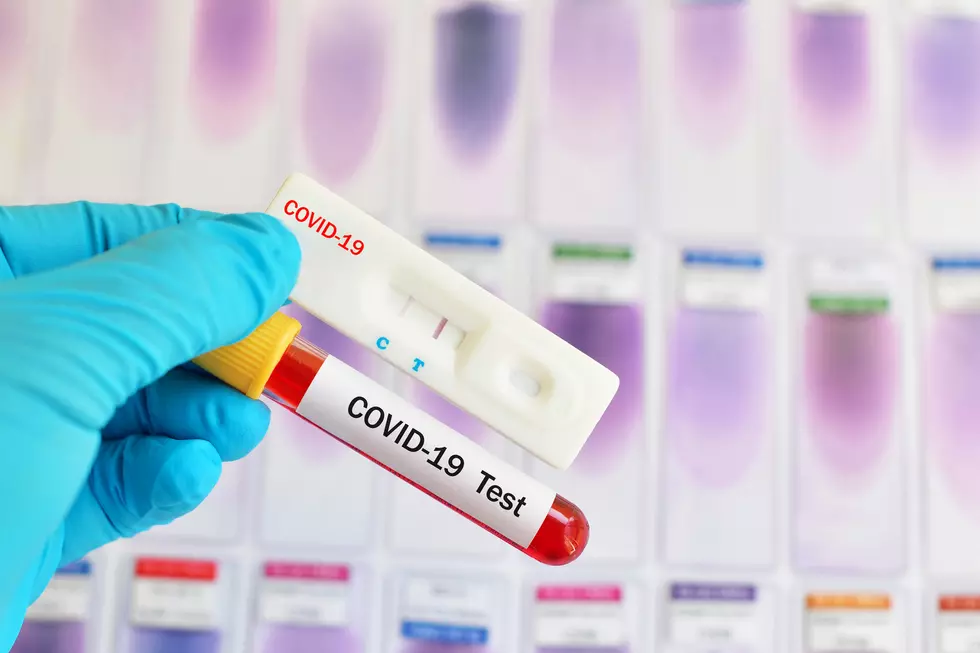
Minnesota COVID-19 Tracing Program Moving Through Legislature
St Paul (KROC AM News) - A bill that would fund a new COVID-19-related program in Minnesota has been approved by a state legislative committee.
The bill is authored by Rochester Rep. Tina Liebling and calls for spending $300-million to establish a contact tracing, case investigation, and follow-up program for COVID-19 cases.
According to Liebling, “The new testing partnership with Mayo Clinic and other providers is moving forward. Now we need the ability to effectively follow-up on the testing by finding people exposed to the virus and helping them avoid spreading the virus. Contact tracing is a key strategy to get our state back on track and move toward reopening our economy as quickly as possible.”
Liebling says the program will aim to accurately and efficiently identify people who may have contracted COVID-19 and allow them to be isolated until the risk of contagion has passed. The Minnesota Department of Health will manage the program, but may hire other organizations to hire, train, and manage up to 4,200 temporary employees who could be needed. Hires could include furloughed health care workers, public health students, retirees, and volunteers.
The legislation allows funding to be used for additional IT services, interpreter services, community outreach, and personal protective equipment for staff and volunteers. The program is funded by the federal Coronavirus Aid, Relief, and Economic Security (CARES) Act.
Under the legislation, employers cannot prohibit employees from performing contact tracing activities for hire under the program, so long as doing the work doesn’t violate the employee’s collective bargaining agreement. The bill also prohibits employers from terminating or retaliating against employees who perform contact tracing, case investigation, and follow-up activities.
The bill is being scheduled for a House floor vote.

Here are some tips for self-care during the pandemic:
More From KRFO-AM








